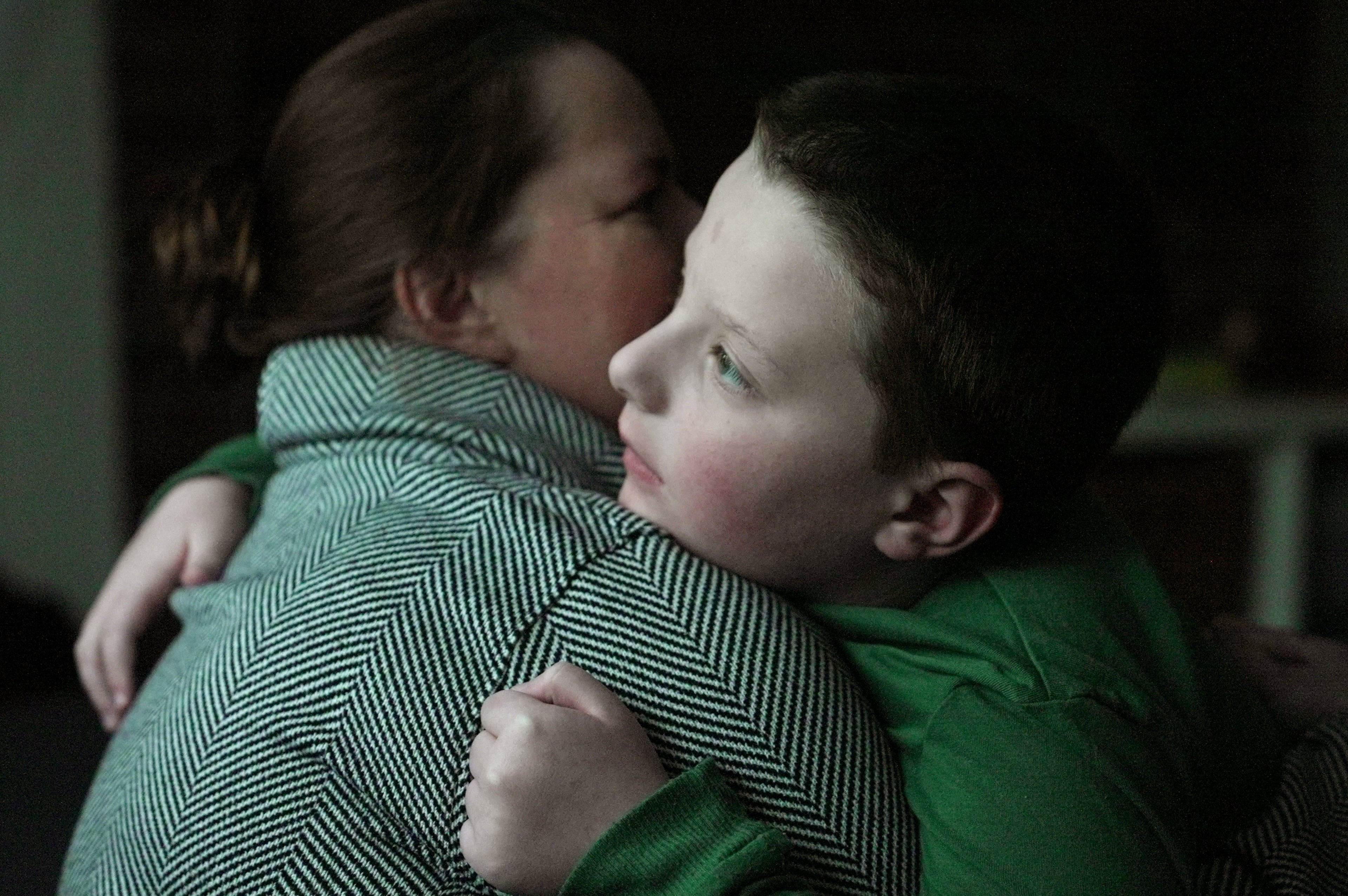This doctor is trying to fix care deserts surrounding metro Atlanta
Conversations about bettering our mental health have permeated almost every edge of society, with access to care advertised on billboards and podcasts. But for some, especially in areas near and surrounding metro Atlanta, the lack of access to mental health care has created what is essentially a care desert — and can carry big complications.
“A delay in care or delay in identification of a mental health condition frequently leads to comorbid conditions, such as anxiety, depression and other mental health disorders, which makes it more difficult to treat and manage,” Dr. Melinda Willingham told The Atlanta Journal-Constitution.

Willingham, a pediatrician and ADHD specialist, has dedicated her efforts to providing evidence-based mental health care to communities with low access. In Snellville at InTouch Pediatrics, she has seen the hurdles to reliable mental health care, especially for children, up close.
“Within the metropolitan area, there are care deserts that are being created simply because of the type of insurance that providers may or may not accept,” she explained. “We do not have enough pediatric providers [for mental health care].”
Delayed access to care
According to Willingham, she is one of the only providers in the area that accepts Medicare. She states the current wait time to assess a child diagnosed with autism can exceed nine months in Georgia. And just seeking a clinical psychologist or psychiatrist typically carries a three to four month wait, “if not longer.”
These long wait times can serve as a huge barrier, but Willingham tells families to look to local organizations that specialize in helping with access to care.
“When you have a child that has additional needs, you need to become their specialist and their advocate for what they need,” Willingham said. “And the best way to do that is to get empowered and get informed with evidence-based information.”
One local organization that she recommends is Parent to Parent of Georgia, a social services organization that helps Georgians with special health care needs get support, resources and training. She also suggests CHADD, or Children and Adults with Attention-Deficit/Hyperactivity Disorder, an organization that spreads resources and support about the condition to families across the country through chapters.
Willingham began targeting these care deserts around 2012, when “an increased number of youth presented to the office in crisis for multiple different reasons and were experiencing significant mental health exacerbations.”
After realizing the heightened outcomes when diagnoses or access to mental health care were delayed, she became passionate about early diagnostic testing.
“If they have difficulty with executive functioning, which makes them more impulsive and makes them have more difficulty sustaining attention and concentrating, this can impact them significantly to where they’re not able to reach their full potential,” Willingham told the AJC. “I want you to treat this condition just like you would if I told you your child had asthma or if your child had diabetes.”
It can also cause additional stress within the family dynamics, Willingham explained. “Parents often feel very overwhelmed. They’re not quite sure how to manage their child’s behavior or get the resources that their child needs.”
Stigma around diagnoses
Since working with many different communities, Willingham is acutely aware of the negative reactions some families can have to a diagnosis, especially one of ADHD or autism.
“A lot of times, people get stuck on the words of ADHD and autism, and they just aren’t able to move forward,” she explained. “They may retreat backwards and do not seek medical care for years, then come back again when they’ve reached a crisis point.”
According to Willingham, ADHD is very underdiagnosed, but it can also be very overdiagnosed “in certain communities,” especially because it depends on subjective information from the parents, teachers and other adults that interact with the child.
The stigma and mistrust of care, particularly in Black and Latino communities, serve as another form of care desert.
“In the Black community in particular … just the name of ADHD, the name of autism frequently will paralyze families initially and stop them from seeking help,” Willingham said, sharing that many families worry about treatment or placing their child on medication. Instead, she suggests families start with the open framework and an open mind.
“This is a mental health condition; it’s no different from if your child needed eyeglasses to help them focus. Their eyes are not defective,” Willingham said to parents. “Your child just processes information differently.”


